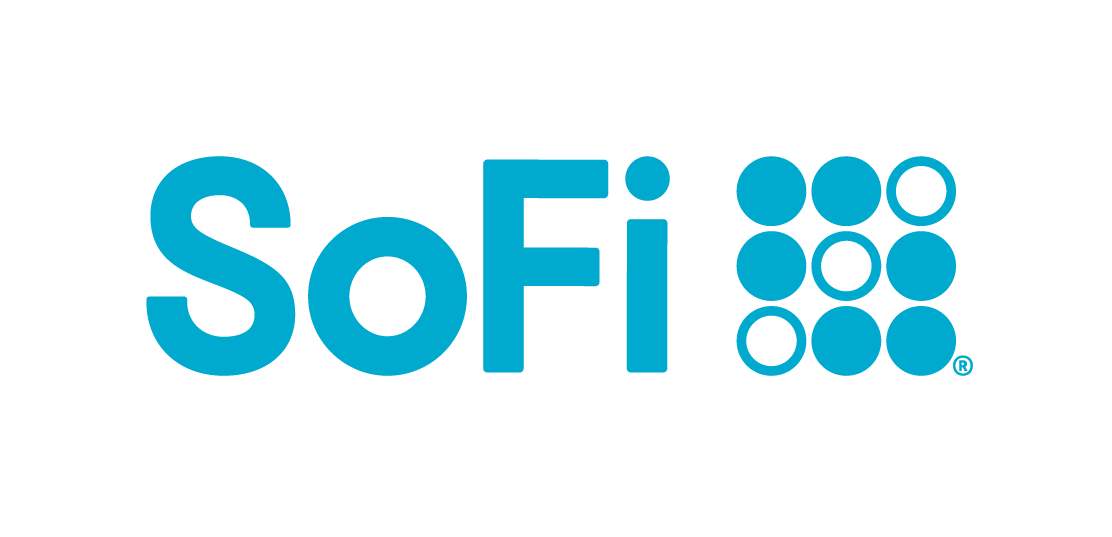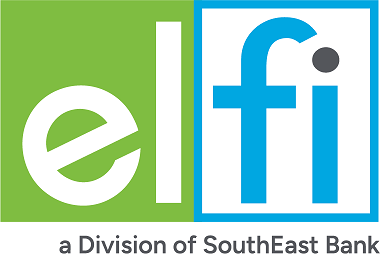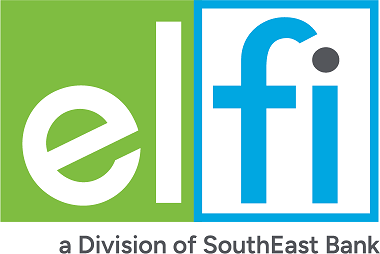Private student loans provide an alternative for covering the cost of college, university, or other educational programs. Since they aren’t supported by the government like federal loans, private lenders establish their own guidelines and conditions. This allows them to be customized to suit your unique financial needs and circumstances.
- Private student loans are a form of financing your college education offered by banks, credit unions, and other lenders that can help cover costs not already covered by scholarships, grants, or federal student loans.
- Private loans offer fixed or variable interest rates with varying loan terms depending on the lender.
- Eligible applicants typically need to have good credit history or a cosigner with good credit in order to qualify for the loan.
- Repayment plans generally start within 6 months of graduation or dropping below half-time enrollment.
Private student loans serve a crucial purpose by bridging the gap between college expenses and the affordability for families. They can cover costs not included in financial aid packages or supplement private savings.
Choosing the right private student loan should be based on your individual needs and educational goals. Understanding the different types of private student loans is key to making an informed decision about which loan suits you best.
For example, some lenders offer fixed interest rates, while others have variable rates that adjust based on market conditions. Other private loan products may offer benefits like reward points for timely payments or the option for a cosigner release after a specified period.
Before committing to any loan, carefully consider all available options and assess your ability to take on additional debt, whether it's a private or federal loan. It's essential to make an informed decision before signing any loan agreement.
Definition of Private Student Loans
If you're looking for additional funding to cover the costs of your education, you may be considering private student loans. These loans are provided by private financial institutions, such as banks, credit unions, and online lenders. Private student loans differ from federal student loans, which are offered by the U.S. Department of Education. Private student loans offer both variable and fixed interest rates, you need to qualify based on your credit and income, or you may be asked to get a cosigner to qualify. Which means a private student loan option may have a lower or higher interest rate when compared to a federal student loan. Anytime you consider a private student loan, you need to be aware that there are fewer borrower protections, repayment, and forgiveness options than federal loans.
The amount you can borrow through a private student loan will depend on factors such as your credit history, income, and the cost of attendance at your educational institution. Some private student loans may require a co-signer, such as a parent or other creditworthy individual, to ensure repayment of the loan. It's important to compare the rates, terms—like cosigner release if you need a cosigner, and requirements of multiple lenders before deciding on a private student loan.
Different Types of Private Student Loans Available
To make informed decisions as a prospective borrower, understanding the various types of student loans available is crucial. While private student loans can cover your educational expenses, it's essential to assess all options carefully.
Different lenders offer varying interest rates, repayment terms, and features that can significantly impact your financial situation. Reviewing each loan's terms diligently before acceptance is vital. Ensure you grasp the repayment obligations and potential consequences of borrowing money. Selecting the appropriate student loan type is key to attaining academic objectives while safeguarding financial stability.
If you're considering private student loans to help pay for your education expenses, you should be aware of the different types available. Private student loans are typically provided by private lenders such as banks, credit unions, and online lenders. Here are some types of private student loans that you may come across:
- Undergraduate student loans: These loans are intended for students pursuing an undergraduate degree. They may have fixed or variable interest rates and may require you to obtain a creditworthy co-signer to qualify.
- Graduate student loans: These loans are intended for students pursuing a graduate degree. They often have higher borrowing limits than undergraduate loans. If you are unable to qualify on your own, you may need to obtain a creditworthy cosigner.
- Professional student loans: Some private student loan lenders ffer student loans for specific programs. For example, medical and residency loans, nursing, law school and bar loans, etc.
- Parent student loans: These loans are intended for parents who want to help their children pay for education expenses. They may have fixed or variable interest rates .
- Refinancing student loans: This involves taking out a new private student loan to pay off existing student loans. Refinancing may result in a lower interest rate or monthly payment.
It's important to keep in mind that private student loans will base your interest rate based on your creditworthiness, and they generally have less flexible repayment options than federal student loans. Therefore, it's a good idea to compare the rates and terms of multiple lenders before choosing a private student loan.
How Private Student Loans Differ from Federal Student Loans
As a student considering borrowing money to fund your higher education, it is important to understand the differences between private and federal student loans. Federal loans are backed by the government, have fixed interest rates and offer more lenient deferment and forbearance options as well as several loan forgiveness and discharge programs; while private loans are issued by private lenders and may offer fewer repayment plans than what is available through federal aid programs.
Private lenders may offer incentives such as rewards points or a cosigner release option, which can help you manage your debt more effectively. By researching and comparing your options carefully, you can make an informed decision about which type of loan is best for your individual needs and goals. Remember, taking on debt is a serious financial decision, so it is important to consider all of your options carefully and only borrow what you need to achieve your educational goals.





















